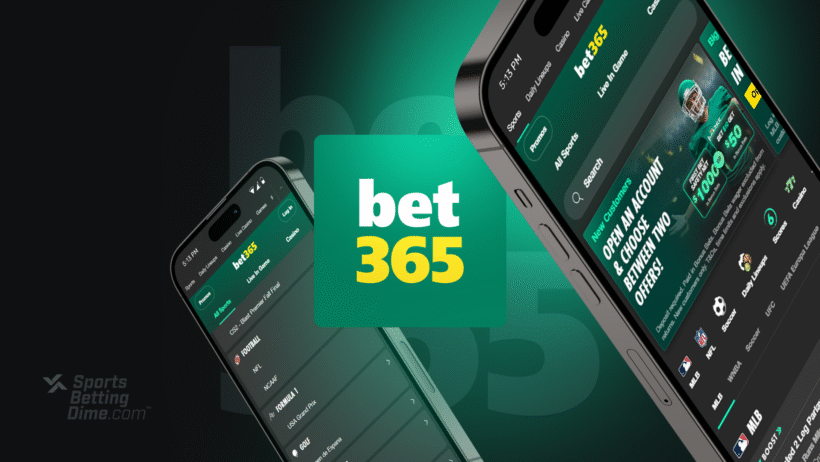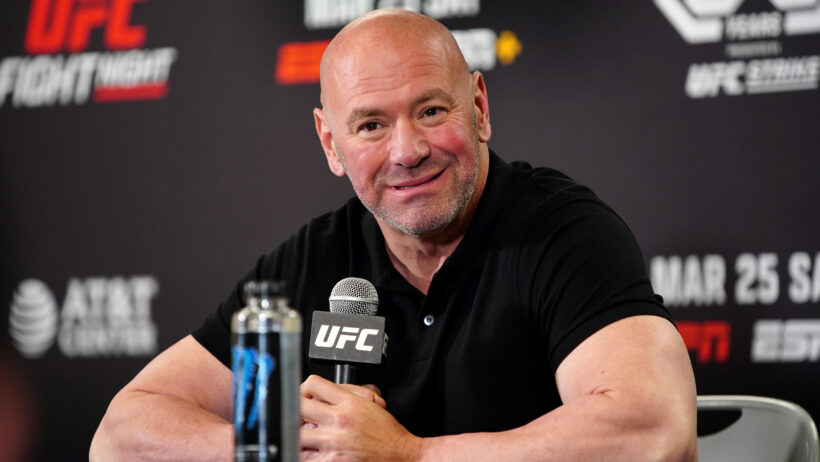NJ Division of Gaming Enforcement Proposes New Responsible Gaming Regulations
By Robert Linnehan in Sports Betting News
Published:

- The New Jersey Division of Gaming Enforcement has published new responsible gaming regulations in the official state registry
- The division will accept public comments on the proposed regulations until Novemeber
- The responsible gaming regulations will standardize when patrons require intervention from operators
The New Jersey Division of Gaming Enforcement is hoping to approve new responsible gaming regulations that mandate online gaming operators set a standard for when customers require intervention for problem gaming.
The New Jersey Division of Gaming Enforcement (DGE) yesterday published a new rule to set responsible gaming regulations in the New Jersey Register. The DGE will accept public comments on the new regulations until Friday, Nov. 14, and may amend the proposed regulations based on the input they receive. If not, the rules promulgation process will proceed and the proposed regulations will soon become mandatory for all licensed online gaming operators.
The newly proposed regulations establish standards for online gaming companies and sports betting operators to identify at-risk patrons for problem gaming and sets forth mandatory phases of intervention to be undertaken by the companies.
Ensures Responsible Gaming Importance
Jamie McKelvey, Assistant Bureau Chief and Responsible Gaming at the NJ Division of Gaming Enforcement, revealed the regulations were published in the state registry for public comment today during iDEA Growth’s Power Lunch Summit on Player Protection.
These proposed regulations, she said, set a new standard for licensed New Jersey online sports betting and online gaming operators. While the DGE has always maintained that each operator maintain a responsible gaming staff, there is no current standardization as to when customers require intervention.
“By promulgating this rule, the Division intends to provide specific requirements regarding what constitutes problem gambling and to ensure that specific assistance is provided to those patrons who require or desire it. These measures are intended to help address the burgeoning need to support responsible gaming awareness and practices,” the rule reads.
If approved, each operator will have to maintain a responsible gaming lead to monitor customers and 12 points of play criteria. If a player triggers any of the criteria, they could potentially be added to the state’s at-risk patron list.
Players will be monitored for the following criteria:
- A patron’s deposits exceed $10,000 over a 24-hour period
- A patron’s deposits exceed $100,000 over a 90-day period
- A patron accesses the self-exclusion request page, but does not complete the self-exclusion process three or more times in a 30-day period
- A patron requests a second cool-off period within 45 days of the conclusion of the first cool-off period
- A patron makes three consecutive increases to any responsible gaming limits offered by the operator without any decreases within a seven-day period
- A patron cancels withdrawal requests prior to the processing of the withdrawal three times in a 10-day period
- The total turnover of a patron’s account exceeds $1,000,000 in a 90-day period
- A patron’s time spent logged into the account increases by 50% or more, during the current week, compared to the prior two-week period
- A patron ends two or more gambling/gaming sessions in the same week with a balance of less than $1 remaining in their account
- A patron concludes two or more sessions in the same week with an increase in the total number of wagers from the previous session
- Any additional triggers identified by the operator to be potential indicators of problem gaming behavior
- Any additional triggers identified by the Division through a Director’s Order and notice to the operators
If the operator identifies a patron who triggers any of these criteria, the state will require a due-diligence review of the customer for being potentially at-risk.
Due Diligence for At-Risk Customers
An operator’s due-diligence review will determine if a customer is at risk or not. If found to be at risk, operators will be required to undertake the following three phases of intervention.
The first phase requires the patron to be contacted by the operator and provide them information regarding the availability of responsible gaming features offered by the operator.
The second phase consists of the operator requiring the patron to view a video tutorial regarding responsible gaming and problem gaming to continue their gaming activity. The customer will be required to view the video in it entirety before continuing their activity.
The third and final phase requires the operator to reach the customers by phone or video to discuss possible problem gaming behavior and to highlight all responsible gaming options offered by the operator. The responsible gaming lead will provide the customers with contact information for a responsible gaming professional and may provide their own contact information to the customer, so they can contact the lead directly to receive further guidance. Operators will incur the cost of a responsible gaming professional if the customer agrees to counseling.
If the operator cannot reach the customer after three attempts, the user’s account will be temporarily suspended until the responsible gaming lead is able to speak with them directly by phone.
Customers still exhibiting signs of problem gaming after phase 3 intervention will have their accounts closed and the user will be referred to available problem gaming resources.
If placed on the state’s at-risk list, operators must provide users with responsible gaming information, resources, and be exclude them from certain gaming marketing campaigns and promotions.
Customers can be removed from the at-risk list if they fail to trigger any of the criteria for at-risk patrons for 180 days following their due diligence review and their present activity does not exhibit any potential problem gaming behavior.

Regulatory Writer and Editor
Robert Linnehan covers all regulatory developments in online gambling and sports betting. He specializes in U.S. sports betting news along with casino regulation news as one of the most trusted sources in the country.



